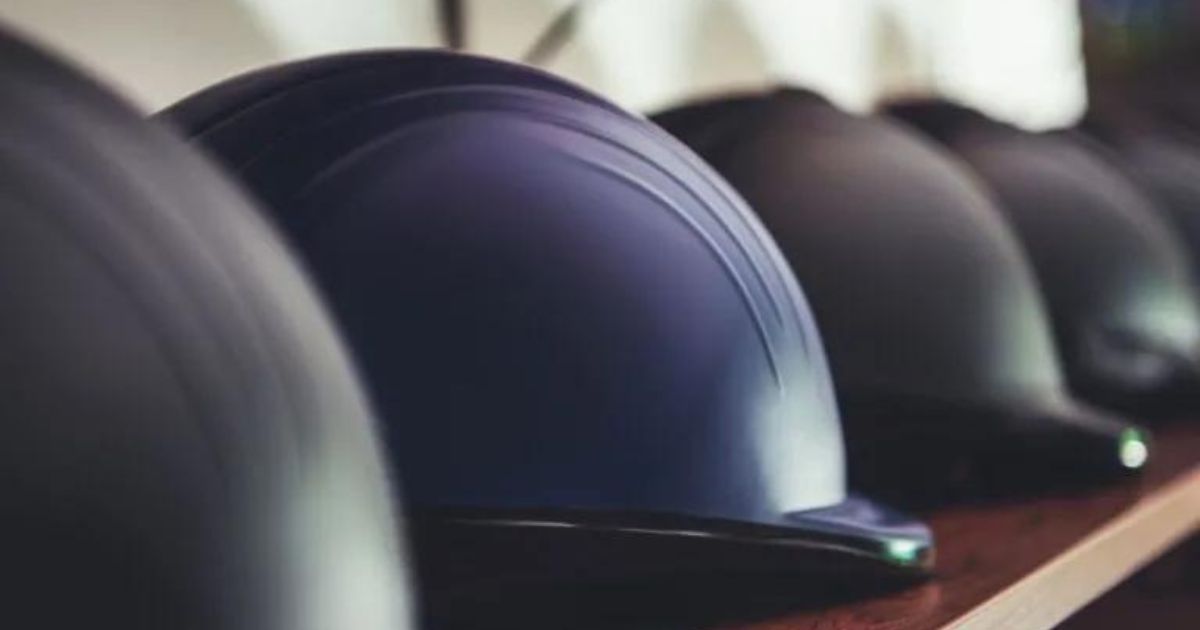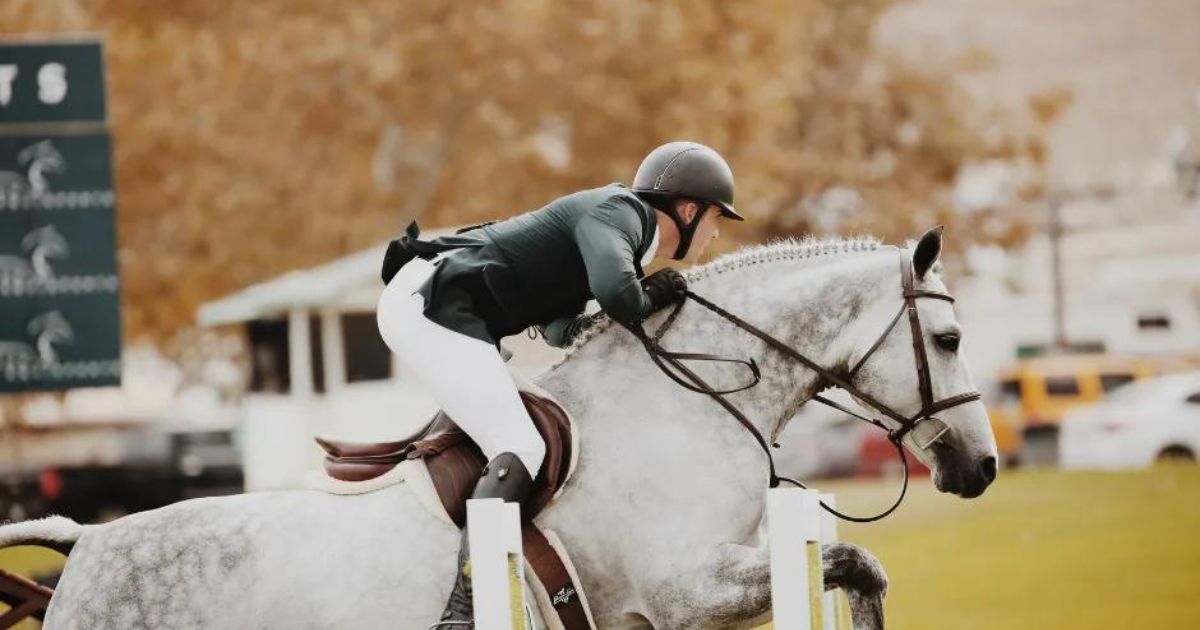Menu

Riding is a sport that includes a certain level of risk-taking. We sit on a large flight animal, largely driven by instincts. This means that most riders at some point in their riding career will fall off the horse. For this reason alone, riding with a helmet is an important safety measure. But how good is your helmet, is it intact and up-to-date? This is not insignificant.
An international study examined how many adult riders wear helmets. Fortunately, 75% of the respondents said they rode with a helmet on a daily basis. Those who did not use a helmet responded that it was either because the helmet did not fit or because it was unnecessary to use one.

The main task of the riding helmet is to protect our brain from trauma in case of accidents. It can minimize or completely eliminate the risk of serious head and brain injuries, thus forming a very important part of our overall equipment.
Ansley Grimes Stanfill, an associate professor at the University of Tennessee Health Science Center in Memphis, states:
Read also: Animal telepath & clairvoyant Ditte Young: Theme for May is belonging
"The helmet is the most important piece of equipment a rider can have. We (doctors) can put your bones back together and stitch your wounds. But your brain is hard to repair, so you need to make sure it's protected".
Yes, it's absolutely a good idea to ride with a helmet. However, the condition of the helmet is not insignificant. If your riding helmet is old, you should be aware. In fact, it is recommended to replace the riding helmet every five years.
"Older riding helmets can crack or become porous, even if they appear to be in fine condition on the outside," says Ansley Grimes Stanfill.
In other words, it's not enough just to ride with a helmet. You must be critical about its condition.
If you have fallen off the horse and hit your head (and the helmet), it is always advisable to buy a new riding helmet. Even if it is not visible, a fall can mean that the helmet has been damaged and therefore no longer functions to protect your head.
Read also: Are you also a member of the association for worried horse people?
"All helmets involved in a fall should be replaced immediately, as the shock absorbers in the helmet may have been damaged. It's not always visible," says Ansley Grimes Stanfill.

A riding helmet should be cared for and maintained like your other equipment.
Pay special attention to extreme temperatures and moisture from sweat, tack rooms, and car trunks. All these factors can contribute to the helmet being in poorer condition.
The recommendation is to store the riding helmet in clean and dry environments at appropriate temperatures and to clean the helmet regularly.
"Your helmet is part of your overall equipment, and should therefore be well cared for, like your other equipment," believes Ansley Grimes Stanfill.
Source
Study: Helmet use in equestrian athletes: opportunities for intervention